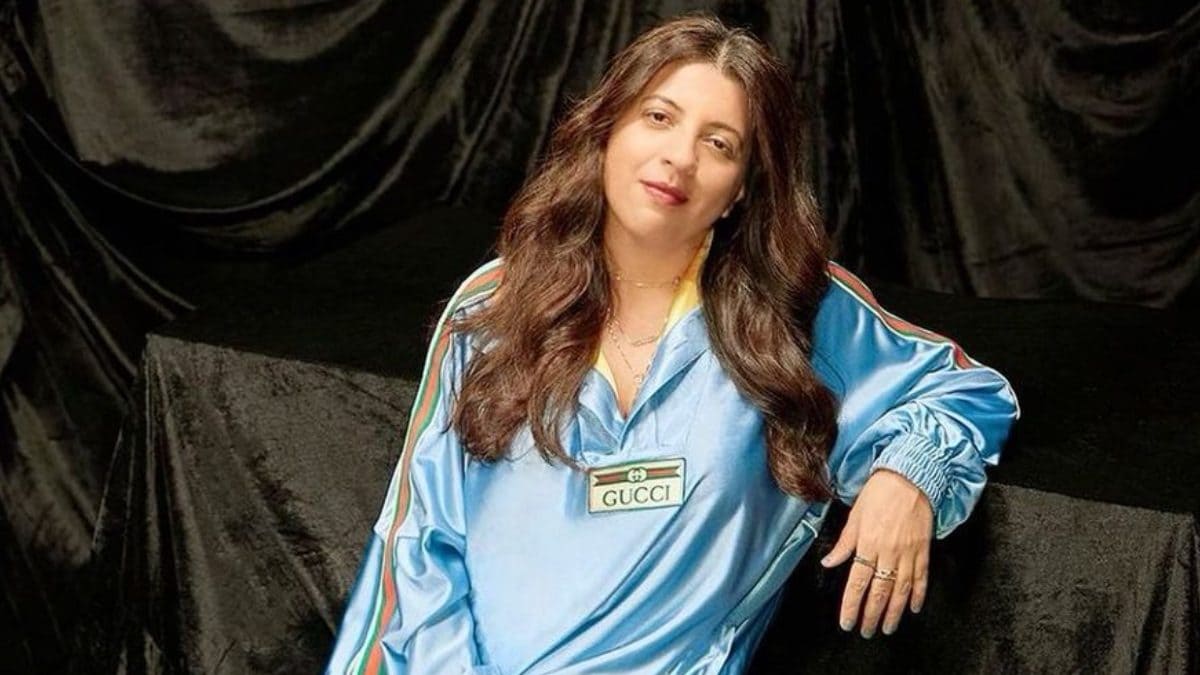Javed Akhtar and Zoya Akhtar, a father-daughter duo renowned in the Indian film industry, recently shared their perspectives on the impact of censorship on OTT platforms during a session of Expresso. Zoya, known for her bold and nuanced storytelling, argued against censorship in the depiction of physical intimacy, emphasizing the importance of portraying consensual relationships authentically.
Challenging Censorship: A Case for Honest Depiction
Zoya, a prominent director known for films like Dil Dhadakne Do and Gully Boy, advocated for a shift in the portrayal of intimacy on screen. She criticized the double standards that permit violence and harassment while censoring genuine expressions of affection. Drawing from her personal experiences, Zoya pointed out the prevalent use of violence against women in films while simultaneously suppressing depictions of love and physical intimacy. She argued for the necessity of allowing audiences to witness love, tenderness, and consensual intimacy, asserting that such representations contribute to a more authentic portrayal of human relationships.
A Shift in Narrative: Challenging the Status Quo
Zoya’s statement garnered applause, indicating a growing sentiment in favor of portraying intimate relationships realistically. She highlighted the significant change in the way content is consumed through OTT platforms, where viewers are more exposed to diverse perspectives and narratives. This shift in media consumption creates an opportunity for filmmakers to explore mature themes without the constraints of censorship.
The Importance of Artistic Choice
Recognizing the potential for controversy in a no-holds-barred approach, Zoya stressed the importance of artistic choice in portraying intimacy. She underscored the role of context, tone, and intention in crafting meaningful narratives.
She cited examples like Sholay, where violence was ahead of its time, and Quentin Tarantino’s films, where violence is presented as an artistic and exaggerated element. Zoya’s point was that depending on the story being told, different approaches to portraying intimacy are necessary.
Exploring Cultural Differences
Zoey also addressed the cultural differences in portraying intimacy. She noted that in France, male nudity is more readily accepted compared to American films, highlighting the different cultural contexts that shape depictions of the body and sexuality. She emphasized that the portrayal of intimacy is intricately linked to cultural norms and individual comfort levels, highlighting the diversity in societal perceptions of the human form.
Beyond Titillation: Intention Matters
Javed Akhtar, a renowned lyricist and screenwriter, built upon Zoya’s argument, emphasizing the crucial role of intention. He acknowledged the difference between depicting intimacy for the purpose of titillation and presenting it to evoke genuine emotion and empathy.
A Call for Depth and Nuance
Akhtar’s stance resonated with the audience. He reflected on his own writing, highlighting his choice not to use offensive language, even in moments of anger. He pointed out that even while watching films like Bandit Queen, which contained strong language, he didn’t find it offensive because the intention was not to shock or titillate, but rather to expose the harsh realities of the protagonist’s life. Akhtar’s remarks highlighted the importance of understanding the underlying context and intentions behind artistic choices, urging viewers to engage critically with the message rather than simply reacting to explicit content.
Take Away Points:
- Censorship in portraying consensual intimacy is a matter of artistic choice and freedom of expression.
- Artistic intent and context play a critical role in the depiction of sensitive topics, ensuring authenticity and understanding.
- The portrayal of intimacy should be viewed through the lens of individual and cultural differences.
- Audiences are increasingly receptive to mature themes and diverse perspectives, fostering opportunities for honest and impactful storytelling.









